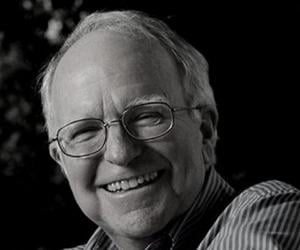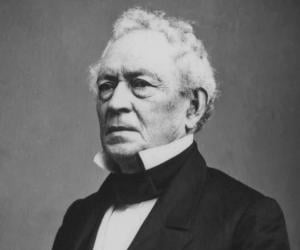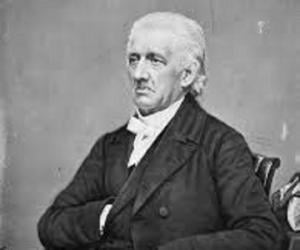Edward Everett was an American politician, diplomat, educator, pastor, and orator. Widely regarded as one of the great orators of the Civil War and antebellum eras, Everett is remembered for his two-hour speech at the Soldiers' National Cemetery in Gettysburg in 1863, where Abraham Lincoln delivered his popular Gettysburg Address. Edward Everett also taught ancient Greek literature at Harvard University.
Known for his stance against alcoholism, publishing six time-honored sermons on it, Presbyterian minister Lyman Beecher also worked for women’s education. An active participant in theological controversies, adhering to the New School Presbyterian branch of schism, he was once tried for heresy. However, he is equally remembered for fathering thirteen children, seven of whom earned distinction in their chosen field.
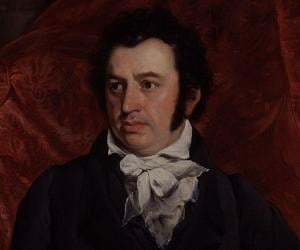
Better known as the pioneer of Protestant missionary work in China, Robert Morrison was the first missionary from the London Missionary Society to visit China. Apart from translating the Bible into Chinese, he also enriched Anglo-Chinese literature with his dictionaries and books on Chinese grammar.
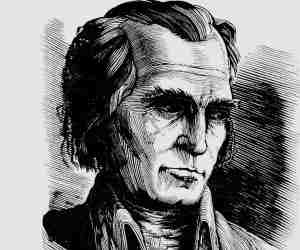
Prussian Lithuanian poet Kristijonas Donelaitis had mastered theology and classical languages and also served as a pastor of Tolmingkehmen. His best-known work, Metai, or The Seasons, was penned in hexameters, a style never used before in Lithuanian verse. He had also written Lithuanian fables based on Aesop's Fables.
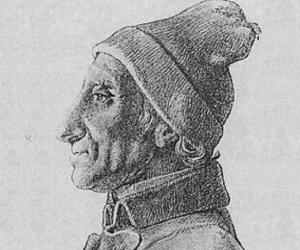
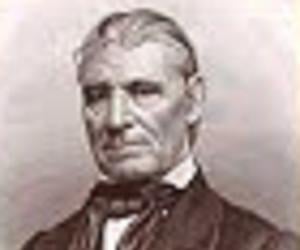
Edward Taylor was a colonial American poet, physician, and pastor. His poetry, which has been characterized as Metaphysical, remained unpublished for 200 years. However, after its publication, Taylor's work has established him as one of the greatest writers of his generation. Edward Taylor’s works have been compared to the works of Baroque poets like Francisco de Quevedo and Giambattista Marino.
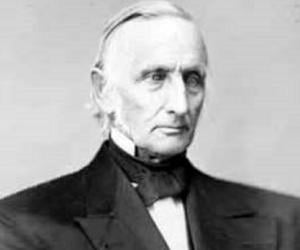
Samuel Simon Schmucker was a theologian and Lutheran pastor. He played a key role in the founding of the Lutheran Theological Seminary at Gettysburg as well as Gettysburg College. He also played a major role in the founding of the Evangelical Lutheran General Synod of the United States of America. He was also well-known for his efforts as an abolitionist.

